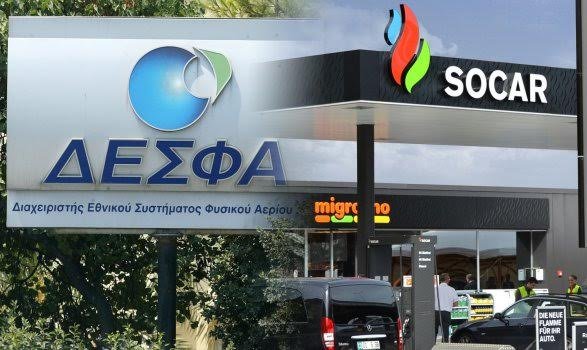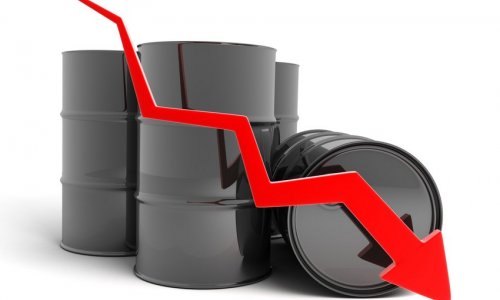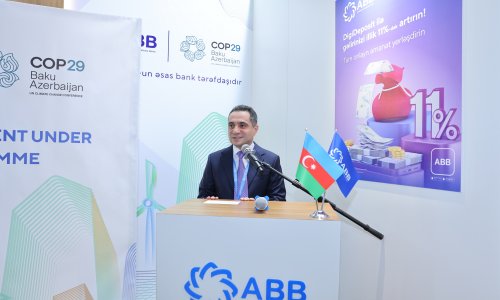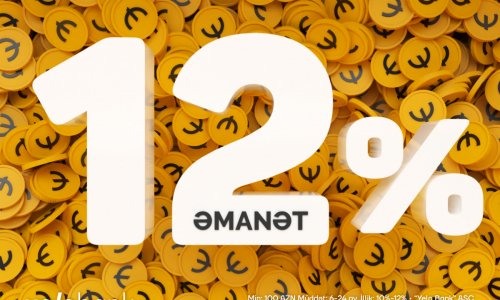Every day there are dozens of large transactions in the world on purchase and sale of companies or any part (share) of them, many of which are resolved easily and quickly, without much noise. Sometimes these deals are cancelled for some or other reasons, say, because of the economic inefficiency and political considerations. And very rarely deals are delayed for years due to the vagaries of one side, as can be observed in the history of the agreement between the State Oil Company of Azerbaijan (SOCAR) and the Greek side to buy 66% stake in DESFA.

This loud scandal is well known to Azerbaijani readers. In December 2013, SOCAR won the tender for the sale of 66% stake in DESFA for 400 million euros. But after about a year, namely in November 2014, the European Commission opened an investigation on the compatibility of the transaction to EU regulations.
The European Commission was worried about the question of whether SOACR would supply gas to Greece through the Southern Gas Corridor being at the same time the owner of the gas pipeline network in that country. And this is contrary to EU antitrust laws. If you remember, it was for this reason that it once refused the laying of the Russian South Stream, as Moscow wanted to pump its gas through its own pipeline. So it could turn into a gas monopoly, which was unacceptable in terms of security, including energy security. Long investigation and discussions forced SOCAR to agree to sell 17% stake in DESFA to a third party.

It would seem that all the problems have been resolved: Azerbaijani company will not own a controlling stake in Greek operator of gas pipelines, having lost the opportunity to become a monopoly in this market. If in Azerbaijan it is allowed, in Greece, the European Commission does not permit this. However, it is unclear how the parties to the transaction could make such a mistake and go against the requirements of the EU earlier.
All these formalities took a long time, a new government came to power in Greece, which is trying to solve all its economic problems in not entirely honest ways. Perhaps, this is contributed to by the deep crisis, which has for many years pursued this country.

We have written many times that the Greek government was trying in a variety of ways to cash in on the Azerbaijani projects, in particular, the laying of the TAP pipeline. But it turns out, it was only the thin end of the wedge. Now, Athens has gone one step further, which could jeopardise the deal with DESFA. Hard to believe, but the government has submitted to the parliament a draft law on amendments to the tariffs for gas. The course of actions is so insidious that jeopardises the agreement with SOCAR as a whole.
Imagine that the new bill proposes to calculate gas tariffs retroactively. That is, the now acting tariff calculation mechanisms are to be replaced with a new mechanism to increase the current tariffs as required by the terms of the agreement.
It seems that everything is fine, rates are rising as the Azerbaijani side was seeking. But the trouble is that these mechanisms, though leading to a certain increase in tariffs, will not allow them to increase to such an extent that is advantageous to SOCAR. Expectations of the State Oil Company are not met, the purchase of shares of DESFA becomes disadvantageous from a commercial point of view. That is, the Greek government proposed measures to regulate gas tariffs that make the purchase of DESFA meaningless.SOCAR is, of course, in a rage. It called on the Greek government to withdraw the draft law on amendments to the tariffs for gas. Greek representative of the company Anar Mammadov is conducting difficult negotiations in the Ministry of Energy of the country. It is easy to understand them, since the entry into force of the new amendments, the value of the Greek company and its future profitability will fall sharply. But Azerbaijanis cannot yet achieve anything. SOCAR promises to clarify its position after the Greek parliament decides on the bill.

What decision will the parliament make is hard to say. But today we know that the Greek government does not intend to return the bill for revision and re-discuss it. It believes that this law will reduce energy costs and protect the Greek producer and industry.
But what's about the only investor in this sector, which is SOCAR? It will be unlikely able to sell its 17 per cent stake to anyone after that; and the European Commission will not allow it to work under different conditions. And it is not clear what measures will the Azerbaijani company take, for it has already suffered considerable financial costs, not to mention lost time and effort.
Many see in this step of the Greek side actions of third parties, who have their interests here. It is not excluded. But the main factor, one thinks, is in the interests of Greece itself.
The country has somehow coped with the profound crisis that forced it in due time to make many concessions to international financial institutions, which have achieved a clear recognition of their conditions. The biggest difficulties are left behind. And now it has conceived to play with a relatively weak player, Azerbaijan.
This flirtation with TAP has failed: the project turned out to be international; with its terms the game was impossible. But SOCAR may be just the case. Besides, apparently, in the bilateral agreements signed, the Greeks found the clues to push their proposals. As a result, we are faced with a familiar picture, when the poor partners are trying to make millions by shaking prosperous Azerbaijan's money tree (azeridaily.com).
www.ann.az











